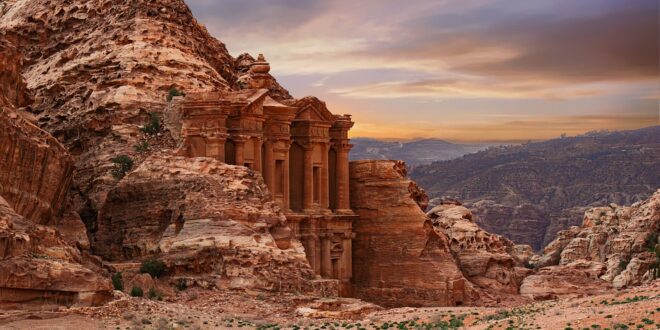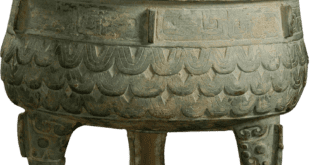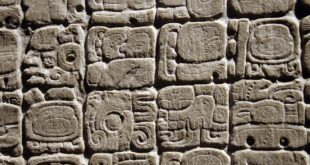Unlocking the Secrets of Our Past: The Unbeatable Charm of Archaeology
Delving into the World of Archaeology
Have you ever wondered about the people who devote their lives to unearthing ancient civilizations or documenting the remnants of bygone eras? Well, meet the Archaeologists. Archaeology is an exciting discipline that merges scientific methods with the love of exploring the past. Simply put, it is the study of the human past through the artifacts, ruins, and structure of earlier civilizations.
From Diggers to Detectives: An Overview of Archaeologists’ Work
Contrary to popular belief, Archaeologists aren’t just “diggers” who once in a while discover sets of precious items to dust off and display in museums. Archaeologists are detectives, ones who solve mysteries that relate to human activity and learn the nitty-gritty details of daily life. It won’t be an exaggeration to say that they uncover more secrets than Indiana Jones; that ancient world travelers’ work mostly revolved around plundering tombs.
Archaeologists use various kinds of high-tech imaging technology and tools to dig, excavate, analyze, and interpret artifacts excavated from ancient sites. These found objects may include ceramics, stone tools, bone and metal ornaments, and more that give insight into people’s lives, their social order, customs, religion, and what they saw as essential.
The research in archaeological fieldwork involves frequent travels to different areas, conducting surveys, excavations, and collecting other sources of information particular to a site. Moreover, site managers and conservators provide necessary information on the history, development, and spatial configuration of a site via maps drawn on the ground during the excavation season.
Archaeology: Not Just A Left-Field Pastime
The demand for trained archaeologists fluctuates following specific economic conditions and the time period in history involves, but the job market for subject matter experts in this field is never entirely dry. Employers seek interns, volunteers, part-time or full-time employees for the organization, museums, private consulting firm, resource management offices, foundations or government agencies.
After gaining considerable field experiences, an Archaeologist can develop into an education position, outreach officer, a research and development publisher, science communicator or the head of conservation of rare historical pieces. In business enterprises or real estate developments, archaeologists that work hand to hand with planners to follow up on industrial projects to make sure sites of archaeological cover importance will not be ruined in the process.
It no longer limited its language because it also fosters cross-culture dialogue, where you can explore your interest in a specific area of the world, report closely with nearby communities, and get enjoined with the development narrated in some parts of historical narratives.
Archaeology is, in fact, a dynamic discipline, sharing its research both amid its fellow subfields and the rest of society. It tells our story as a species, which serves to deepen our understanding of the human species as well as indirectly teach us some value and aspirations that sync well together being the descendant of the past.
In Conclusion…
To sum up, being an archaeologist isn’t just about wielding pickaxes, but excavating, analyzing, documenting, and interpreting artifacts to make sense of human existence through voyages of the past. The project archaeologist and technicians dealing with determining with what remains, preserving and sharing essential benchmarks in our history—the reminder of time immemorial. The soaring interest in understanding the ancient world invites you to join in and contribute to advancing scholarship and reimagining everyday life in front of our ancestors (and maybe discover a bit more about ourselves in the process). Let’s patiently wait for the day they discover a car in the ruins of an ancient embassy; we might broaden our idea towards the imagined cars driven by actors in history drama periods!
 Mind Uncharted Explore. Discover. Learn.
Mind Uncharted Explore. Discover. Learn.




